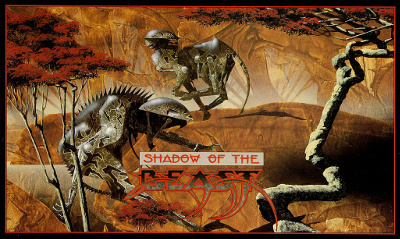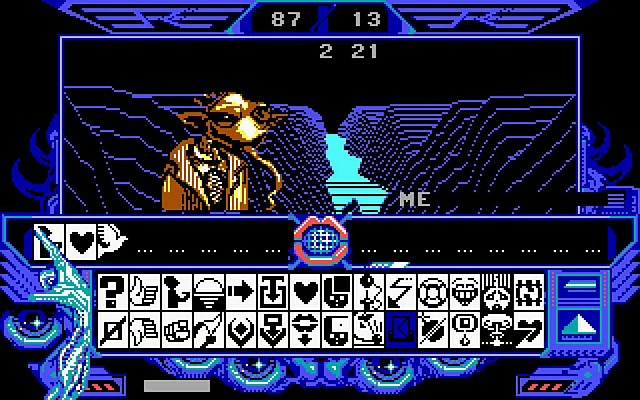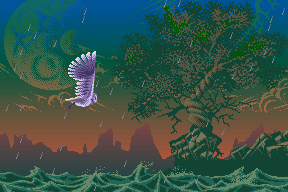
A Personal History of Video Games
I've been playing video games for decades now.
I played some of the first classic games upon release. Secret of Monkey Island. Another World. Even obscurities now lost to time, like the French scifi game Captain Blood.
I fondly remember arthouse developers from back in the day, like Psygnosis.
Here's what the video game timeline was like for me.
What Is A Video Game?
There was always a question, from the beginning, as to what computer games were really about.
Were they games?
Were they military simulations?
Were they art?
That was one axis.
Were they about doing (often violence), or thinking?
That was another axis.
What was the level of complexity? Abstraction? Purposefully low - or maximally high?
That was yet another axis.
And there were more. You'll never run out of ways to categorize video games.

Early Video Games as Art
In the beginning, they couldn't be simulations, because the graphical resolution was too low.
That kept a certain element out: people who liked a tough, brutal aesthetic. It just wasn't real enough. People who liked that kind of entertainment stayed away.
So video games evolved in an aesthetic, abstract direction, including mainstream releases.
Even Mario had his chiptune soundtrack and stylized, angular monsters.
It was partly necessity: that's what games at the time could do.
It attracted that crowd. It become self-selecting, self-supporting. Many games seemed like borderline art school projects.
If you were in this group, that puts the history of video games in a different light. Your milestones are different.
How Doom Changed Everything
When Doom came around, in 1995, it was a little ominous (not just in the game design).
One one level, Doom was fine. I could see that, technically, it broke new ground.
At the same time, it wasn't really my kind of game. Contrary to what the news claimed, I wasn't 'electrified'.
The colors were drab. As much buzz as it got, I didn't find everything about it to be genius. It gets old, moving around the dungeon, going bang-bang.
I had favorite games back then too. Doom wasn't one.

Next came Quake.
Doom had some gonzo creativity going for it, but Quake, to me, just seemed boring; now they were really going hard for simulation. It felt like a claustrophic game of paintball.
I could enjoy that in small doses in a James Bond movie, but I wouldn't call 8 hours of it fun.
When Every Game Became Doom
There was a history of people playing video games pretty seriously at that point. But the perception hardened around the Quake/Doom player as the quintessential video game player.
It was just one more kind of game, one flavor of many. But that, increasingly, became what games were about: iterating on the Doom/Quake model, until that felt like it became the whole industry.
A bad development, from my point of view.
It wasn't like I saw no value in them. Years later, I even got really into one of the Battlefield games with a friend. I just didn't want them to be so dominant.
Stay Weird
From my perspective, games started out good.
They were original. They worked within tight constraints. They were mind-warping. They were strange.
A lot of the developments post-Doom I didn't particularly like. By college, I'd quit the scene entirely.
Years later, I got back into 'indie' games, which, as the name implies, is a niche.
But from my perspective, those games continued the original tradition. They're more like weird experiments than games, much of the time.
It's good to leave space for games lke this, and the people who create and also play them.
On another level, it implies a different view on game history: one where games started out fun, lost their way when they become commercial, and then splintered off in a way a lover of the weird could love again.
It's also a reminder, when you see a definitive history of 'how it happened' - the milestones, the breakthroughs, the notable achievements - it may not be as agreed upon as the Wikipedia entry tells it.
For me, the real history of video games has yet to be written.
But I lived it, and I can tell you: those early games were great.